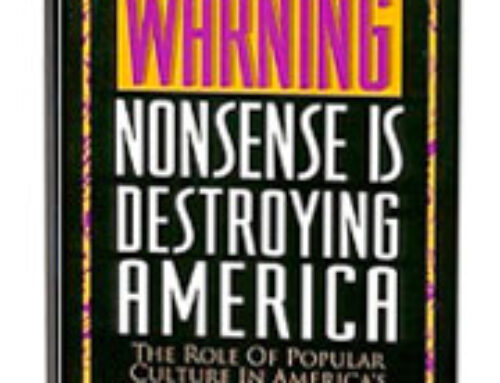
Few good teachers are willing to work in schools where there is a high truancy rate and many students who do attend are uninterested in learning and disruptive; also, where large numbers of parents are unconcerned about their children’s performance and where physical assault is a daily concern for teachers.
Employers are reluctant to open businesses in neighborhoods where the labor pools lack requisite job skills or have poor work habits, or where there is a high potential for rioting, looting, and arson. Why would anyone establish a business that has a good chance of being destroyed by the very community it serves?
The mere existence of opportunities doesn’t guarantee that people will take advantage of them. In fact, as Thomas Edison noted, “Opportunity is missed by most people because it is dressed in overalls and looks like work.” In such cases, spending time and money to increase opportunities is an exercise in futility.
These realities reveal why the standard political ideas will not solve the present problems of poverty and social unrest in the inner cities. Nevertheless, thoughtfully considered, these realities do point to genuine solutions.
- Restore order and discipline to the schools by hiring principals who will support teachers failing students for unsatisfactory performance, and who will make and enforce strict rules of student conduct and punish or expel disruptive students. Principals who will, as well, promote community understanding that strictness prepares students to take advantage of opportunities for employment and advancement.
- Encourage elected officials to support a voucher system that allows parents to choose the schools their children will attend. Such a system need not undermine the improvement of schools mentioned above. In fact, it can motivate principals and teachers to strive for excellence in order to retain their enrollments.
- Actively promote respect for the police by holding regular community forums addressing the challenges police face in enforcing laws. Commentator Juan Williams argues that one main reason many black youth in the inner city resent the police is that, given the decline of the black family, the police are the only ones who have ever demanded anything of them. Communities should understand this and teach children to respect the police and other legitimate authorities.
- Promote community support for a “broken windows policy” by which police toughness with minor violations helps to discourage major ones. This policy may initially produce resentment and charges of police harassment, of course, but when communities understand that the policy makes their neighborhoods safer for everyone, they will generally become supportive.
- Restore family structure and values in the inner city. It is widely acknowledged that the black family has been undermined by the dramatic rise in out-of-wedlock births (now over 72%) and single-parent families. Even when single parents wish the best for their children, it is impossible to provide the kind of nurturing, oversight, and discipline available in two-parent homes. Because of this, single-parent children are more vulnerable to negative influences outside the home and often develop attitudes and habits that cause them to fail in school and have difficulty finding employment. There is no easy way to restore family structure and values, but communities should make parenting classes available to those who wish them and perhaps require them as a condition for receiving welfare.
These solutions do not constitute a panacea, to be sure, but they are a sensible approach to a complex problem. Accordingly, they would be a dramatic improvement over vague calls for “improving opportunities.”
Copyright © 2015 by Vincent Ryan Ruggiero. All rights reserved

